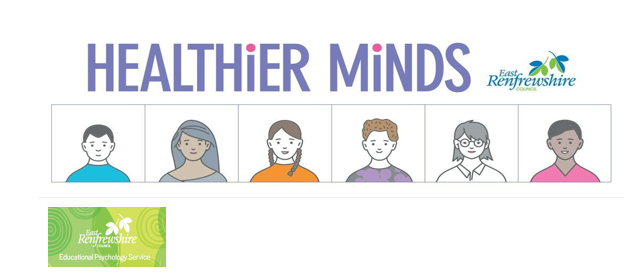National Association of School Psychologists have written a care-givers guide for helping support children and young people during the Coronavirus, these tips include:
- Take time to talk – ask them what they ready know and what they would like to know, explore this together.
- Remain calm and reassuring – let them know that it is ok to feel worried, but there are adults to there to keep them safe.
- Make yourself available – use this opportunity to place emphasis on resilience and strengths. Help them see the many skills they have to cope with times of uncertainty.

- Avoid excessive blaming – to reduce stigma, it is important to reiterate that the coronavirus is not anyone’s fault, and those who have the virus should not be stigmatised.
- Monitor television viewing and social media – CBBC Newsround is often played in classrooms as a means to keep children and young people up to date with current affairs. Limiting exposure to only this channel may stop feelings of being overwhelmed with information.
- Maintain normal routine to the extent possible – at school a child’s day is very structured, with the closing of schools this may be very unsettling to them. There are different examples of ways to keep a routine here.
- Be honest and accurate – explain that this are going to change, but they will be ok again.
- Know the symptoms – know what to look out for to keep yourself and those around you safe.
- Review hygiene – although there is no pressure to be up and showered for school, it is important that self-care and maintaining personal hygiene is followed.
- Keep explanations age appropriate – for help with this, please view the information guide created by SAMHSA below.
NHS, COSLA, Youth Link Scotland, Royal College of Psychiatrists and Young Scot have come together to write a full document offering reliable advice, information and a list of trustworthy links for supporting children, young people and their families during this time.
The document offers more specific information on:
- Supporting children and young people to understand COVID-19
- Supporting children and young people with existing mental health difficulties
- Supporting children and young people with autism, neurodevelopmental disorders and/or learning disability
- Supporting children and young people who are looked after
- Supporting children and young people who don’t feel safe at home
- Looking after the adults
 Click on the above picture to view the document in its entirety.
Click on the above picture to view the document in its entirety.
Information Guide – Supporting Children and Young People During Infectious Outbreaks
SAMHSA have produced an informative guide for care-gives, parents and teachers on supporting children and young people during infectious disease outbreaks.
This guide comprises of: What you should know, possible age-related reactions, how adults can support children and young people to manage their responses and tips for explaining the outbreak at different age-related stages.
Click on the picture above to view the whole guide.


